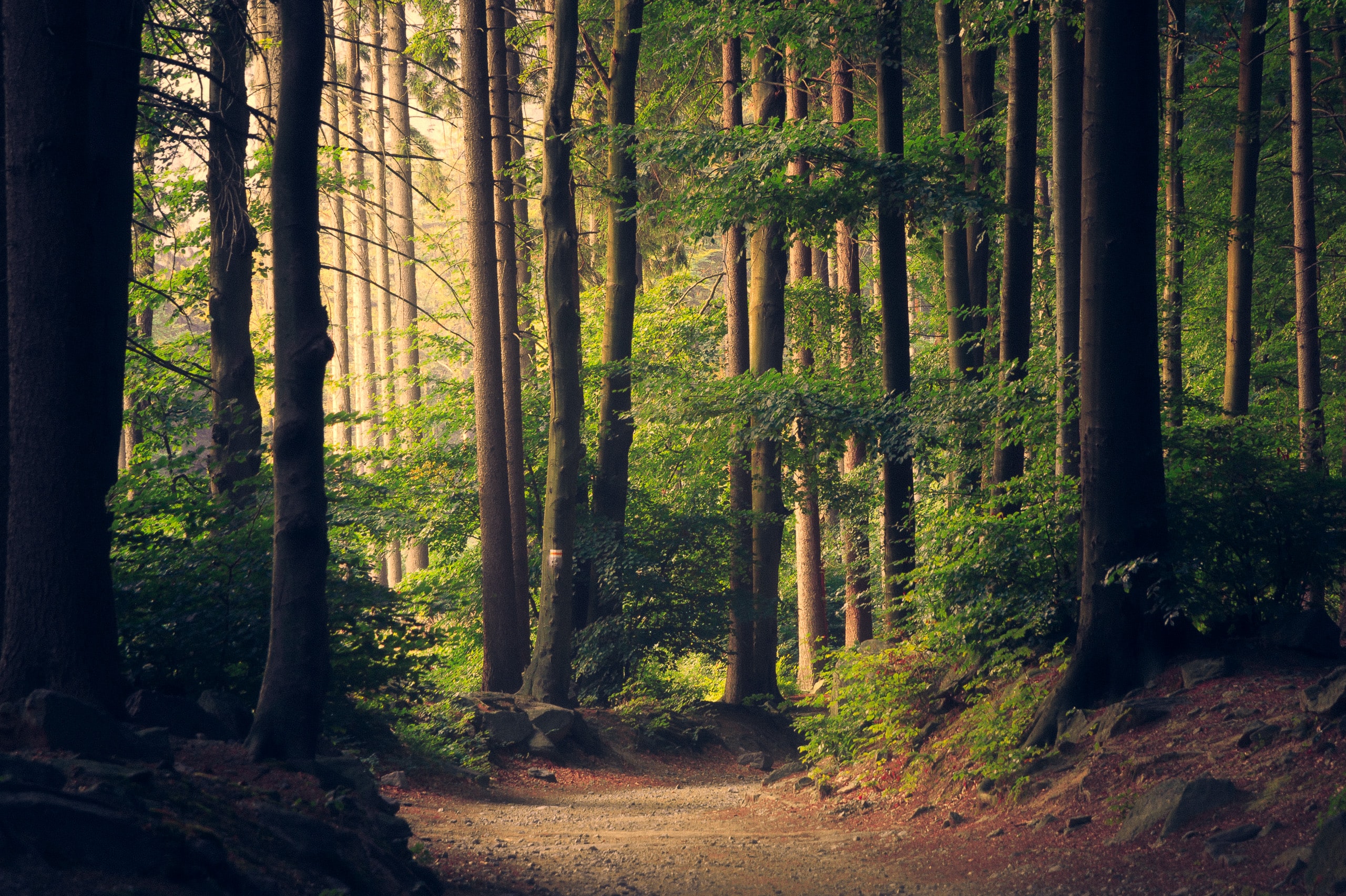
Act now for forests and biodiversity
Protecting endangered forests : a global imperative
It is estimated that every minute the equivalent surface of 30 football fields of tropical rain forest disappears worldwide. According to the World Resources Institute (WRI), 12 million hectares of tropical forest were destroyed in 2018, that is to say, the size of Nicaragua. As we know, forests play a fundamental role in absorbing CO2, the main greenhouse gas responsible for climate change.
It is clear that deforestation has dramatic consequences for humans and their environment: it releases carbon which has been stored in forests throughout their lifespan. Global warming then affects ecosystems by limiting their ability to store more carbon. Forests also play a key role in the fragile equilibrium of the water cycle.
We can thus understand that forests are essential for a balanced climate and that we must preserve them at all costs.
Forests must also be protected to preserve the irreplaceable biodiversity of animal and plant species that they shelter, and to preserve the women and men dependant on them. A third of the world’s population today uses wood and natural resources from forests for their basic needs (construction, cooking, heating, and income-generating activities). Deforestation, therefore, threatens the life of entire communities and their ancestral territories. It not only menaces nature itself and the services derived from the ecosystem on which these communities depend, but also the traditional knowledge these people have.
Our planet is in a state of emergency. In order to guarantee a sustainable planet and fair societies where women and men can live with dignity, we must preserve our forests !
What action can we take to save our forests ?
Fight against deforestation
Cattle farming, oil palm farming, rubber and soybean plantations, cocoa and coffee monocultures, mining, the cutting of trees for firewood, construction or wood derivatives… There are numerous different causes of deforestation. The fight against deforestation must always be our 1st priority because forests, with their unique biodiversity, have existed for hundreds, perhaps thousands of years; they are irreplaceable.
It is therefore necessary to :
- Transform our models of production and consumption (in particular the consumption of products and services which have a direct impact on deforestation) ;
- Raise awareness in all levels of society about the consequences of deforestation ;
- Propose viable alternatives to communities so that the forest species of most value to the environment are not destroyed.
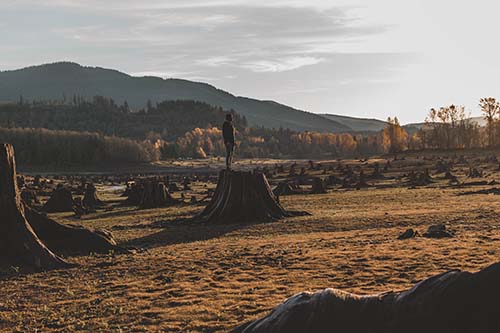
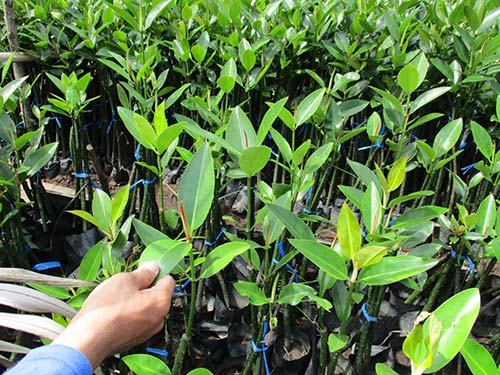
Reforestation
In all the scenarios described, the IPCC states that to limit global warming to +2°C compared to the pre-industrial era, a significant development of natural carbon sinks (forests, for example) is neccesary, in addition to massive reduction in emissions. Planting trees through reforestation is the simplest method; it is natural, efficient, and the least expensive way to sequester carbon. The fight against deforestation must therefore include reforestation, especially in tropical areas. These regions are among the most threatened on the planet and contain the ecosystems that capture the most carbon, such as the Amazon rainforests or mangroves.
The riverside communities should be in charge of their own destiny and further their own development. This is why Planète Urgence is determined to show solidarity and mobilise resources (financial, technical and human) to support projects run by local actors working towards reforestation and local development.
Protection of biodiversity
In May 2019, experts from the Intergovernmental Platform on Biodiversity and Ecosystem Services (IPBES) released the most extensive report to date on the state of biodiversity in the world. At present 1 million animal and plant species are in danger of extinction; 60% of vertebrate populations have disappeared in the last 40 years, and this rate is accelerating. The diversity of living species (micro-organisms, plants, animals) is endangered although this diversity plays a vital role for the environment and human survival, especially in food production.
Life on earth is based on multiple, fragile equilibriums and we are now beginning to measure the full extent of the damage caused by our lifestyles.
However, initiatives exist. Planète Urgence works together with its local partners who are directly involved in preserving their surroundings. We are taking action within the framework of an Environment and Development programme as well as through volunteer missions for the protection and enhancement of biodiversity. The objective of these missions is to support local actors, alongside scientists, to identify existing species and to update databases in order to promote the natural heritage (fauna and flora) of a given area, particularly in land and marine reserves and protected areas.
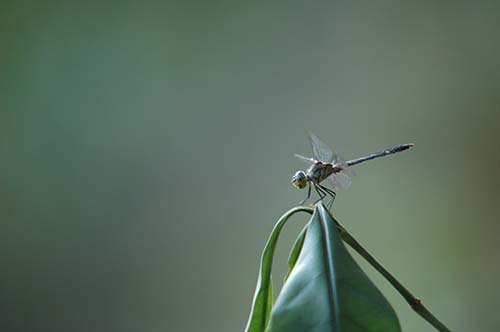
Environment & Development
Since 2007, Planète Urgence proposes an Environment and Development program with locally appropriate solutions which take into account the pressures on ecosystems. This consists in supporting projects initiated by local organisations which aim to reconcile local economic development and environmental protection. The programme enables communities to ensure their means of existence and their ability to increase their resilience to climate change.
The core of its action is reforestation, combined with the raising of environmental awareness and furthering economic development by structuring economic activity derived from natural resources to support sustainable and community-based management.
Planète Urgence currently supports projects in 3 countries (Indonesia, Madagascar and Cameroon) which are not only among the most affected by deforestation in the world, but also, have the largest basins of tropical forest (humid and savannah). They are confronted with serious sustainable development issues, and are particularly vulnerable to climate change.
1€ = 1 Tree planted
« 1€ = 1 Tree planted » is an intitiative created by Planète Urgence in order to finance its « Environment & Development » program and therefore reforestation. Each beneficiary project meets a triple objective : to restore the environment, to support local economic development and to raise environmental awareness. Planète Urgence aims to enable every citizen to get involved according to their means and act in favour of reforestation and development.
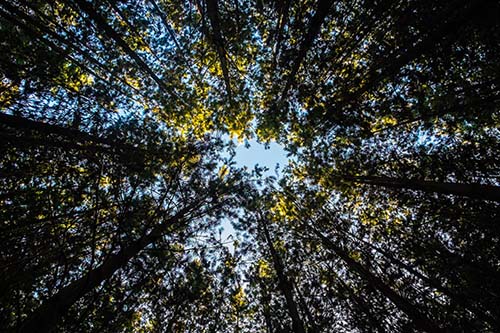
Our countries of intervention
Cameroon
The Bénoué National Park (BNP) is one of the oldest protected areas in Cameroon. It is located in the northern region of Cameroon and constitutes an important stake in nature conservation in Central Africa. Planète Urgence implemented the « Cashew Farming and Restauration of Ecosystems » pilot programme to increase the natural resilience of ecosystems which are strongly impacted by increasing human pressure, and to strengthen the capacity of the local population to adapt to the effects of climate change.
Indonesia
Since 2007, Planète Urgence and its programme Environment & Development have been present in Indonesia. It all started with the restoration of mangroves and community development in the province of North Sumatra following the Tsunami in 2004. Planète Urgence has since been active in the country for the preservation of the mangroves.
Madagascar
Since 2008, Planète Urgence has been active in the Itasy et Analamanga regions. These two regions are located in the highlands of Madagascar, in the centre of the island. With its emphasis on partnership and building of skills, Planète Urgence works towards reconciling environmental protection with the socio-economic development of local communities.
